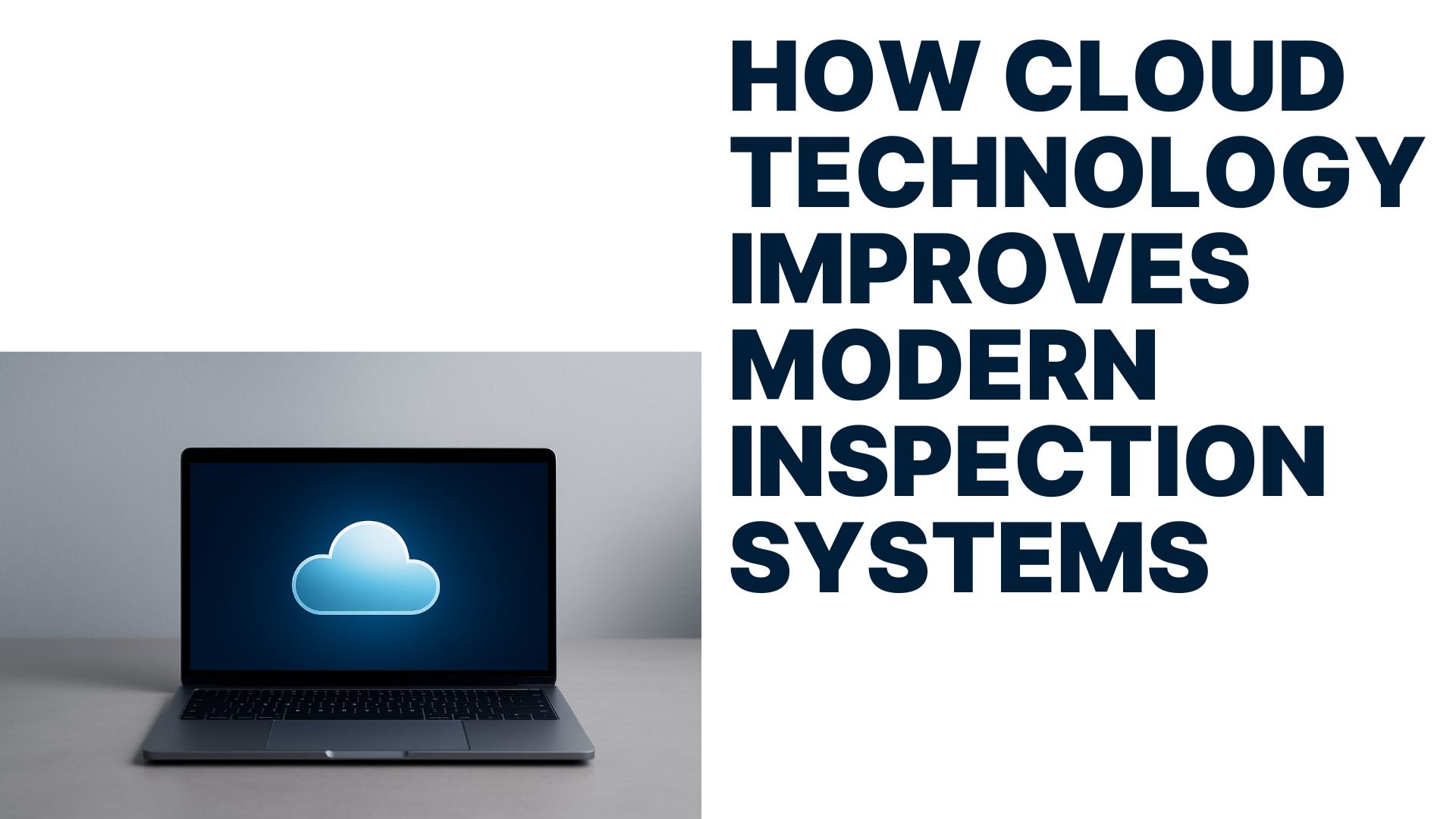Cloud technology is transforming inspection systems by enhancing data processing capabilities. This integration allows businesses to achieve greater accuracy and efficiency in quality control. As industries evolve, cloud solutions offer scalable and flexible options for maintaining high standards.
Quality control is essential for ensuring that products and services meet industry standards. Inspection systems play a vital role in this process by utilizing advanced technologies to identify defects and maintain quality. The introduction of tools like Visual Inspection from Opsio into these systems has revolutionized the way businesses manage quality control. By offering real-time data processing and scalability, cloud technology like this provides businesses with the tools they need to optimize their operations and uphold high standards.
Benefits of Cloud Technology in Inspection Systems
Integrating cloud technology into inspection systems offers numerous advantages. One of the primary benefits is the ability to handle large datasets efficiently. Cloud platforms provide robust data storage and processing capabilities, allowing businesses to analyze intricate details during inspections without the limitations of traditional systems.
Additionally, cloud technology enhances the accuracy of inspections by enabling real-time data processing. This capability ensures that any deviations from quality standards are identified and addressed promptly, reducing the risk of errors. As a result, businesses can maintain high-quality outputs and improve their overall operational efficiency.
Another significant advantage of cloud-based inspection systems is their cost-effectiveness compared to traditional on-premise solutions. Businesses can eliminate the need for expensive hardware infrastructure and reduce maintenance costs associated with physical servers. Cloud platforms operate on a subscription-based model, allowing companies to pay only for the resources they use, making it easier to manage budgets and allocate funds to other critical areas. This financial flexibility is particularly beneficial for small and medium-sized enterprises that may have limited capital for investing in extensive IT infrastructure.
Real-Time Data Processing for Enhanced Accuracy
Real-time data processing is a significant advantage of cloud-based inspection systems. By analyzing information as it is generated, businesses can achieve greater accuracy in their inspections. This immediacy allows for the instant identification of quality issues, preventing defective products from reaching consumers.
Moreover, cloud technology offers scalability, enabling businesses to adjust their resources according to demand. This flexibility is crucial in today's dynamic market environment, where consumer expectations are continually evolving. By leveraging cloud migration services and moving more of their data and resources into the cloud, companies can adapt quickly to changes while maintaining high standards of quality.
The integration of advanced analytics with real-time data processing further amplifies the benefits of cloud-based inspection systems. These analytics tools can identify patterns and trends that might not be immediately apparent through manual inspection methods. By utilizing predictive algorithms, businesses can anticipate potential quality issues before they occur, enabling proactive measures rather than reactive solutions. This predictive capability not only enhances product quality but also reduces waste and minimizes the costs associated with product recalls or rework, ultimately contributing to improved customer satisfaction and brand reputation.
Streamlining Operations with Cloud Solutions
Cloud technology not only improves inspection accuracy but also streamlines overall operations. By centralizing data storage and management, businesses can reduce redundancy and eliminate inefficiencies within their processes. This streamlined approach minimizes downtime, allowing for continuous production cycles without compromising quality.
Industries such as manufacturing and electronics have benefited significantly from cloud-powered inspection systems. These technologies enhance operational efficiency and product reliability, demonstrating the transformative impact of cloud solutions on quality control processes.
Cloud-based inspection systems also facilitate better collaboration across geographically dispersed teams. With centralized data accessible from anywhere with an internet connection, quality control specialists, engineers, and management can review inspection results simultaneously and make informed decisions collectively. This collaborative environment breaks down traditional silos within organizations and enables faster problem resolution. Remote access capabilities are particularly valuable for companies with multiple production facilities or those operating in different regions, as it ensures consistent quality standards are maintained across all locations while reducing the need for travel and on-site presence.
Future Prospects of Cloud-Enhanced Inspection Systems
The future of inspection systems looks promising with ongoing advancements in cloud technology. As artificial intelligence and machine learning become more integrated with cloud platforms, businesses can expect further improvements in inspection accuracy and speed.
These advancements will likely set new benchmarks for quality assurance practices across industries. By embracing cloud technology, businesses can optimize their operations and achieve consistent quality outputs, meeting the ever-increasing demands of the global market.
Cloud technology is revolutionizing inspection systems by providing enhanced data processing capabilities and scalability. By integrating these solutions, businesses can achieve greater accuracy and efficiency in quality control, ensuring high standards across various industries. Furthermore, companies looking to improve their infrastructure can benefit from cloud migration services, which facilitate the transition to more advanced, cloud-based systems.














Post Comments